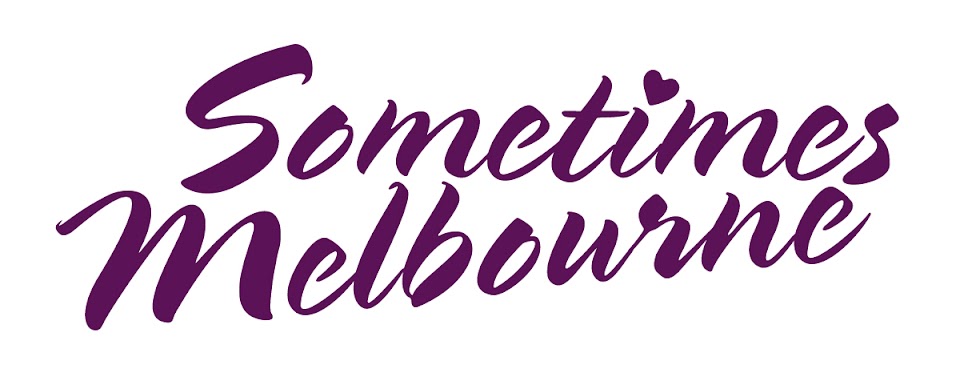StageArt
20 May 2017
Chapel off Chapel
to 10 June
stageart.com.au
 |
| Spring Awakening. Photo by Belinda Strodder |
The original play, sub-titled "A children's tragedy", was censored and banned for its confrontation of teenage sex, sexual ignorance, rape, abortion, abuse, suicide, depression and the failure of adults to educate and love the children in their care. It’s still performed because it still feels far too like now.
With its indie rock sound track, the musical, by Steven Sater and Duncan Sheik, continues to develop a near cult following as it strips away the pretence of happy-ending music theatre. It talks as much to teenagers, who recognise a world where they are denied knowledge and power, as to the adults who let this happen.
Immediately striking for those familiar with the music is director Robbie Carmellotti’s change “from nineties rock to a modern music festival sound”. While letting the singers shine, it brings a new and more gentle perspective to the show and removes some of the anger and desperation of its expected rock.
Already less angry, the tone is set early with an inconsistent mix of humour and unearned emotional outpourings that tell the audience what should be felt rather than showing characters who feel. Hanschen doesn’t need to be high camp to like men, but, at least, the Hogan’s Heroes “I see nu-think” accents are more ridiculous than offensive.
There's humour in Spring Awakening, but the content is serious and too many laughs come from the melodrama of extreme emotion or from laughing at issues of sexual ignorance, violence and depression.
After Awakening, I have to discuss the end of Act 1 where teenagers Wendla and Melchior have unplanned sex in a barn and its dramaturgical choices range from rape to loving sex. The musical's book leaves room for interpretation; however, it also establishes that the 14-year-old girl knows nothing about sex and the 14-year-old boy thinks he knows everything about sex. Consent isn't possible – even if the characters think it’s romance. Awakening confronted with rape. It ripped the hearts of its audience by continuing to explore the aftermath from both points of view and reflected on every teen-rape story that includes “but he’s such a good young man”, “what about his reputation?” and “what did she expect to happen?”.
This sex is played as seduction, supported by the cast surrounding the couple with fairy lights. Act 2 opens where Act 1 ends, except she's naked; he's not. The teenage child with no experience or knowledge of sex is presented as a sexualised (implied post-orgasm) adult with all the control and power that accompany that knowledge and experience. In case there's any doubt, she lovingly holds his hand when she sings about guilt and confusion. Which makes for a much easier resolution for the hero Melchior.
Many choose to create a less-confronting Spring Awakening, but the choice to be safe supports the very issues that this powerful piece of theatre is trying to change.
This was on AussieTheatre.com.








